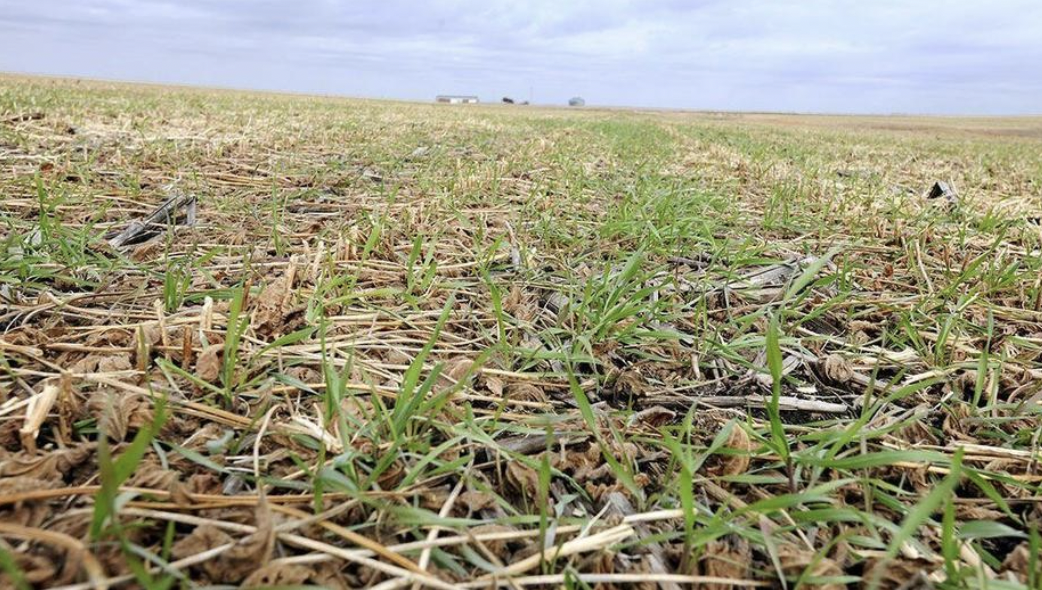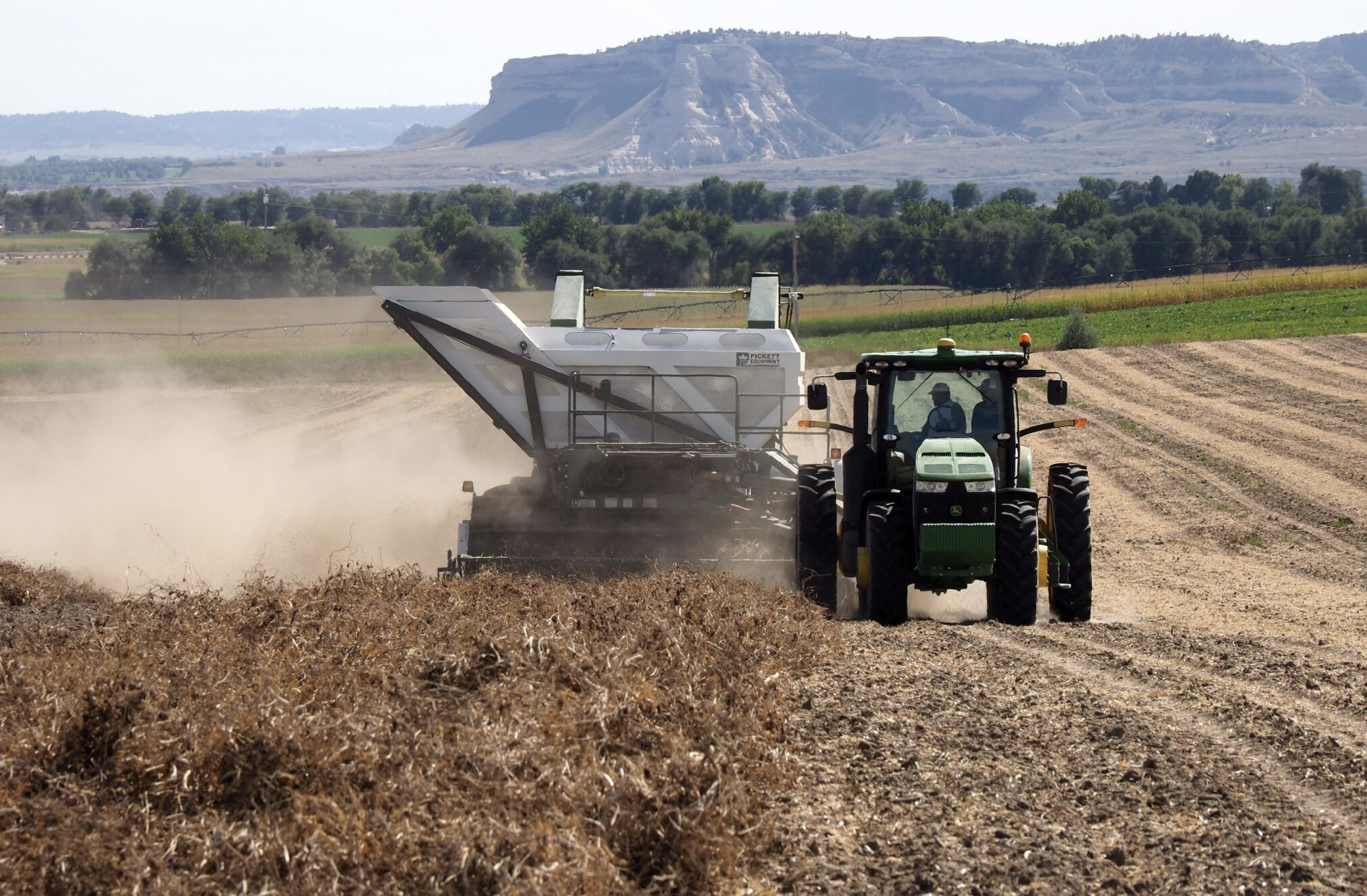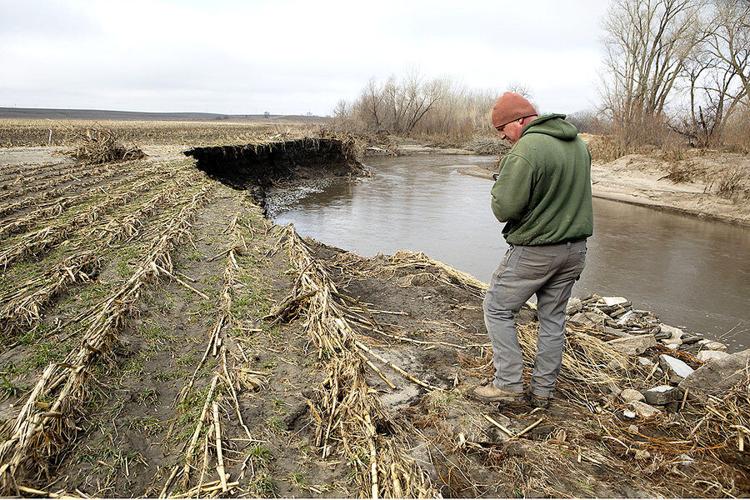“Just as the soil is itself under threat, so is the Nebraska way of life. It seems there is nothing left for these industrial ag corporations to take but our souls.” — The RegeNEration Proclamation
As a Nebraskan attending college in the northeast, I am often faced with questions like “Where even is Nebraska?” and “What’s notable about Nebraska?” I usually give them the spiel about the College World Series, Warren Buffett, perhaps the Reuben sandwich and, if I’m lucky, I can convince them that I drove a tractor to high school.
Of course, I can’t talk about Nebraska without mentioning the abundance of corn after which our state is nicknamed. But what will we name our football team when climate change-caused drought and wildfires strip our state of viable topsoil and, consequently, the golden corn we grow? Climate change is already affecting Nebraska growers. It’s past time for our farmers to transition to regenerative agriculture practices.



